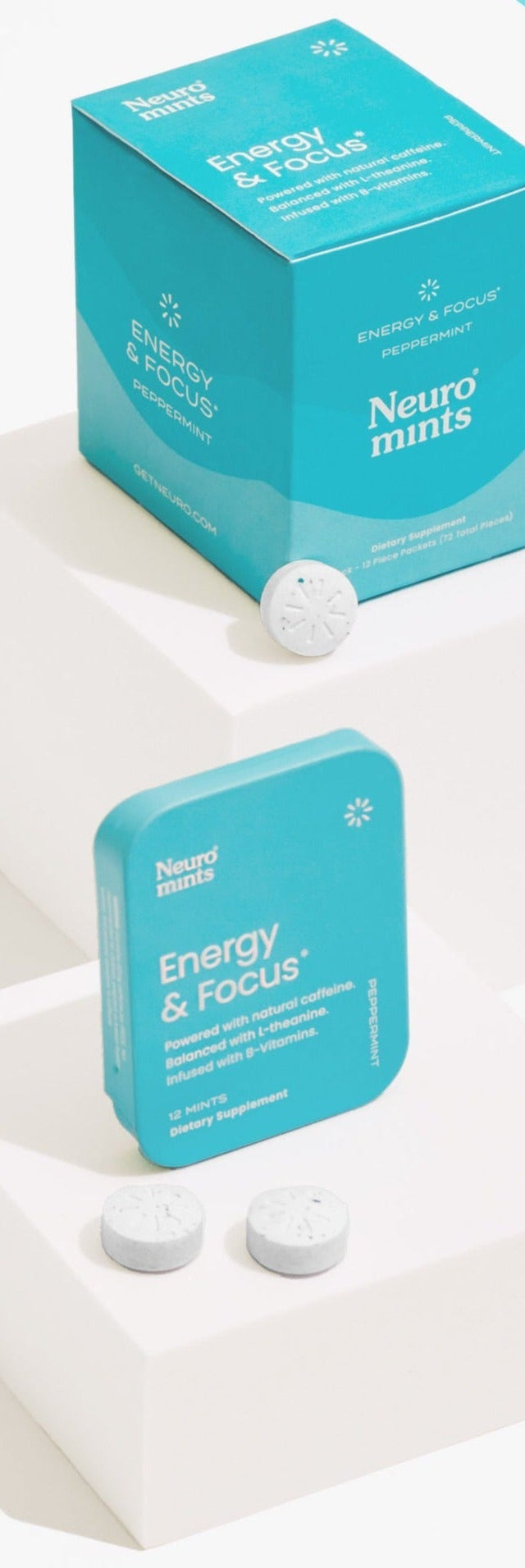6 Ways to Effectively Manage Stress and Live a Worry-Free Life
Stress is a normal part of life. Every person faces difficult and even life-altering situations at some point in their lifetime, which all result in a stress response. Sometimes, stress can act as a great motivator. However, experiencing too much stress and not being able to cope with it can seriously interfere with your job, health and family life.
What is Stress?
Stress is the natural response of the brain and the body to a “stressor” – any stimulus sufficient to trigger a stress response. Typical stressors include life-changing events and work and school demands. The stress response is essential for our survival, as it results in release of chemicals which prepare us to cope with difficulty and defend ourselves in dangerous situations.
Types of Stress
Psychologists often classify stress as positive stress, otherwise known as eustress, and negative stress, referred to as distress. Positive or “good” stress is the type of stress we feel when we get excited about something, and often comes with positive life events. Negative or “bad” stress results in overwhelming feelings of anxiety, and typically results from negative life events.
Acute Stress vs. Chronic Stress
Stress is also often further classified into acute and chronic types. These two types of stress have different effects on the mind and on the body. It is important to recognize different types of acute stressors and chronic stressors to manage your stress levels.
-
Acute stress is typically experienced briefly, and does not leave a lasting negative effect on our health. Being stuck in a traffic jam, having an argument with your boss or your partner, or getting a parking ticket are all examples of acute stressors.
-
Chronic stress is a type of stress experienced over a prolonged period of time and can have significant negative consequences on our physical and mental health. Ongoing relationship problems, death of a loved one or losing a job can all act as chronic stressors.
What are the negative effects of stress?
When we are constantly bombarded with stimuli that we perceive as stressful, the “fight or flight” response stays activated in the long-term and can be very damaging for our brains and our bodies. Here is a summary of the detrimental effects of chronic stress on our health:
1. Increased Risk of Cardiovascular Disease
Stress makes our heart and blood vessels work harder, and long-term exposure to chronic stress can be detrimental to the cardiovascular system. Chronic stress can increase the risk of hypertension, heart attack and stroke. In addition, high stress levels may trigger us to turn to smoking or drinking alcohol as coping mechanisms, which can further increase our chances of developing cardiovascular disease.
2. Memory Problems
Chronic stress can cause changes in certain brain regions such as the hippocampus, the brain region responsible for memory storage. According to scientific research, chronic release of stress hormones impairs the ability of the hippocampus to encode and retrieve memories. This means that stress can interfere with our abilities to make new memories and to recall the ones we had already made.
3. Weight Gain
Chronic stress can lead to gaining weight. In times of high stress, the hormone cortisol can influence our appetite and even our food preferences. Specifically, increased levels or cortisol can also increase insulin levels, making our blood glucose levels drop and also making us crave foods high in sugar and in fat.
4. Depressed Immune System
Ongoing stress can make us more susceptible to illness by depressing our immune systems. In a stressful situation, all of the body’s energy is directed towards defending itself or escaping, and there is a temporary decrease in the function of certain organ systems, including the immune system. If the body is continuously exposed to chronic stressors, the immune system stays in low gear and this makes us more susceptible to getting sick.
5. Decreased Quality of Sleep
Chronic stress is one of the major causes of insomnia. In turn, insomnia has many negative consequences on our health, such as susceptibility to disease and memory problems.
What are some effective ways to cope with stress?
Although stress is an inevitable part of life, there are also many coping strategies to become resilient to it. Here are some helpful stress management tips to help you overcome your daily stressors, stay healthy and thrive in challenging circumstances.
1. Exercise
Exercise is a great stress buster, and helps to fight the adverse effects of stress on the body by boosting our immune system function, releasing endorphins (the “happy” neurotransmitters in our brains), and reducing the levels of stress hormones in the body.
2. Adopt a Healthy Diet
According to scientists, eating a healthy and balanced diet can help to cope with high levels of stress and anxiety. Nutritionists suggest eating foods high in complex carbohydrates, drinking plenty of water, and limiting our intake of caffeine, junk foods and alcohol in times of elevated stress.
3. Cultivate a Support Network
Create a strong social support network around you is one of the most effective ways of dealing with stress. A social support network typically consists of friends, family members and our peers, and can go a long way in helping us to build our resilience to stress and protect our mental health.
4. Practice Yoga and Meditation
Both yoga and meditation have been demonstrated to have positive effects that help the body and mind cope with stress. Research studies have shown that practicing yoga can help to reduce blood pressure, lower the heart rate, decrease irritability and lower stress hormone levels. Likewise, meditation is a powerful tool to fight stress and recent scientific studies have discovered that mindful meditation techniques are effective in treating anxiety.
5. Adopt a Positive Attitude
Positive thinking can be an effective approach when dealing with stress and anxiety, especially when the source of stress cannot be avoided. Scientific studies show that optimism and positive thinking, especially through positive self-talk, can be a great coping strategy to deal with stress.
-
Connect with Nature
Spending time in nature is an effective stress management technique, and not only relieves feelings of stress and anxiety, but also improves mood. The fact that visiting green spaces, such as forests and parks, can significantly reduce psychological stress has been recently backed by science. Interestingly, the study also found that greater stress reduction can be achieved with green spaces that are least urbanized.
-
Get a caffeine boost
Scientific studies show that consuming small to moderate amounts of caffeine can help to give you an energy boost and lift your mood. Moreover, research shows that regularly consuming moderate amounts of coffee can prevent memory loss caused by chronic stress. A great way to get the optimal daily dose of caffeine is to chew Neuro Smart Energy Caffeine Gum. In addition to caffeine, each piece of Neuro also contains L-Theanine and vitamins B6 and B12, which help to improve concentration and fight stress.
Conclusion
Stress affects each individual differently, and to live a healthy life, it is important to find healthy coping ways to manage the body’s natural stress response. Practicing self-care, such as getting enough sleep, eating a balanced diet and getting regular exercise can help you manage your stress levels and succeed in all of your daily challenges.





















